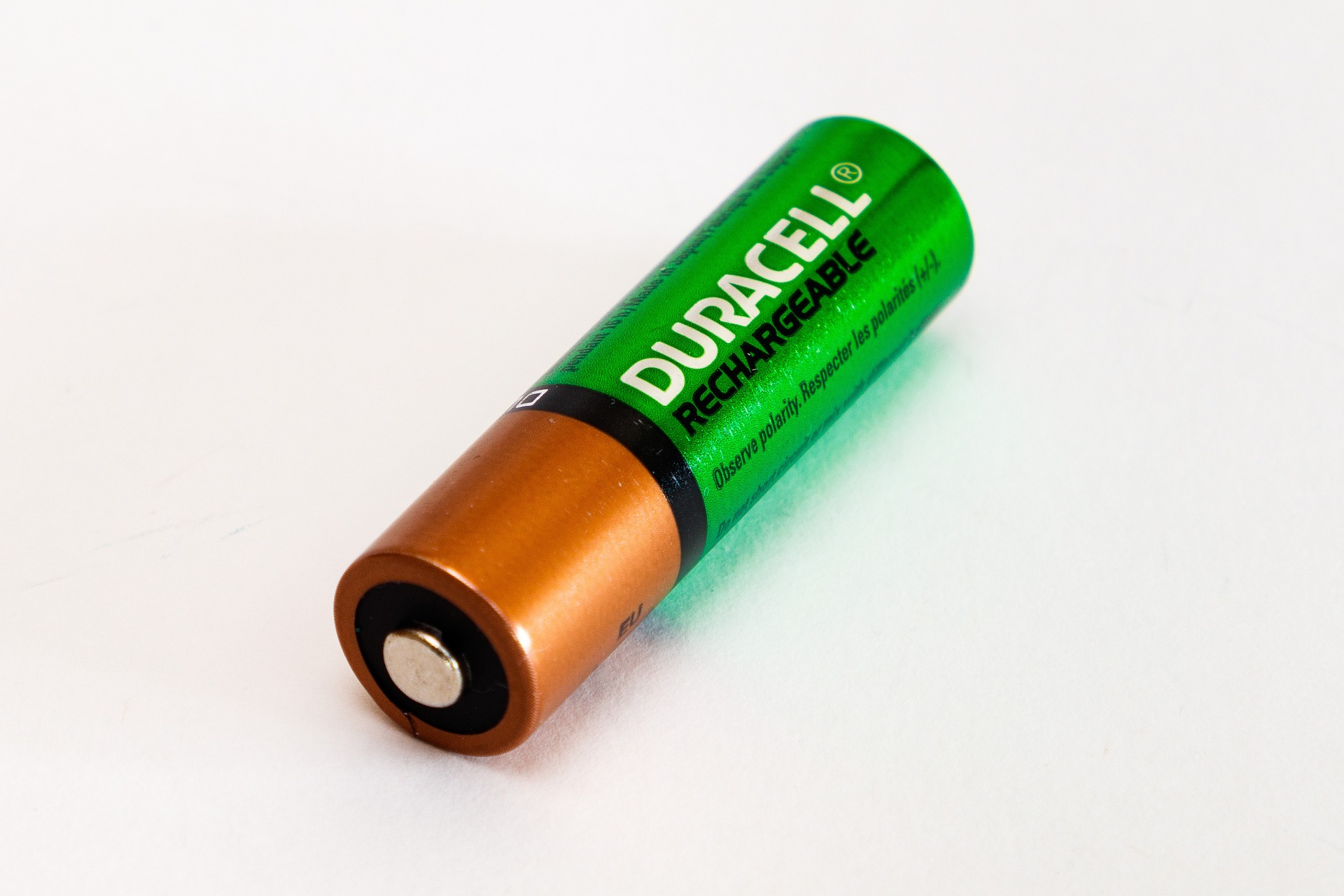Colon Cancer Treatment Options
Colon cancer is a serious condition that requires prompt and effective treatment. As medical science advances, patients now have access to various treatment options tailored to their specific needs. This article explores the different approaches to colon cancer treatment, from traditional methods to cutting-edge therapies.

What are the primary colon cancer treatment options?
The main treatment options for colon cancer include surgery, chemotherapy, and radiation therapy. Surgery is often the first line of treatment, especially for early-stage colon cancer. It involves removing the tumor and surrounding tissue, sometimes along with nearby lymph nodes. Chemotherapy uses drugs to kill cancer cells and may be administered before or after surgery. Radiation therapy employs high-energy rays to destroy cancer cells and is typically used in combination with other treatments.
How is surgery used to treat colon cancer?
Surgery is the most common treatment for colon cancer. The type of surgery depends on the cancer’s stage and location. For early-stage cancers, a minimally invasive procedure called a polypectomy may be sufficient to remove small, localized tumors. More advanced cases may require a partial colectomy, where a portion of the colon is removed along with surrounding lymph nodes. In some cases, a temporary or permanent colostomy may be necessary, redirecting waste from the colon to an external bag.
What role does chemotherapy play in colon cancer treatment?
Chemotherapy is often used in conjunction with surgery or as a standalone treatment for advanced colon cancer. It can be administered before surgery (neoadjuvant chemotherapy) to shrink tumors or after surgery (adjuvant chemotherapy) to eliminate any remaining cancer cells. Common chemotherapy drugs for colon cancer include 5-fluorouracil, capecitabine, and oxaliplatin. These medications are typically given in cycles, allowing the body time to recover between treatments.
When is radiation therapy recommended for colon cancer?
Radiation therapy is less commonly used for colon cancer compared to rectal cancer. However, it may be recommended in specific situations. For instance, radiation can be used to shrink tumors before surgery, making them easier to remove. It may also be employed to alleviate symptoms in advanced cases or to target cancer that has spread to other parts of the body, such as the bones or brain.
What are the early warning signs of colon cancer in adults over 50?
For adults over 50, recognizing early warning signs of colon cancer is crucial for timely intervention. Common symptoms include changes in bowel habits, such as persistent diarrhea or constipation, rectal bleeding or blood in the stool, abdominal pain or cramps that don’t subside, unexplained weight loss, and fatigue. It’s important to note that these symptoms can also be caused by other conditions, but individuals over 50 should consult a healthcare provider if they experience any of these signs, especially if they persist for more than a few weeks.
How much does colon cancer surgery cost?
The cost of colon cancer surgery can vary significantly depending on factors such as the type of procedure, location, and individual patient needs. In the United Kingdom, colon cancer treatment is typically covered by the National Health Service (NHS), which provides free healthcare at the point of use. However, for those considering private treatment, costs can range from £15,000 to £25,000 or more for complex surgeries.
| Treatment Type | Provider | Cost Estimation (Private) |
|---|---|---|
| Basic Colectomy | Private UK Hospital | £15,000 - £20,000 |
| Complex Colon Surgery | Specialist Cancer Center | £20,000 - £30,000 |
| Laparoscopic Colon Surgery | High-end Private Clinic | £18,000 - £25,000 |
Prices, rates, or cost estimates mentioned in this article are based on the latest available information but may change over time. Independent research is advised before making financial decisions.
While the NHS covers most colon cancer treatments, some patients may opt for private care to access specific treatments or reduce waiting times. It’s important to discuss all options with healthcare providers and insurance companies to understand the full financial implications of treatment choices.
In conclusion, colon cancer treatment options have expanded significantly in recent years, offering patients a range of possibilities to combat this serious disease. From traditional surgical approaches to advanced chemotherapy regimens, the choice of treatment depends on various factors, including the cancer’s stage, location, and the patient’s overall health. Early detection through regular screenings and awareness of warning signs, particularly in adults over 50, remains crucial for successful treatment outcomes. As research continues and new therapies emerge, the outlook for colon cancer patients continues to improve, emphasizing the importance of staying informed about the latest treatment options and working closely with healthcare providers to develop the most effective treatment plan.
This article is for informational purposes only and should not be considered medical advice. Please consult a qualified healthcare professional for personalized guidance and treatment.




